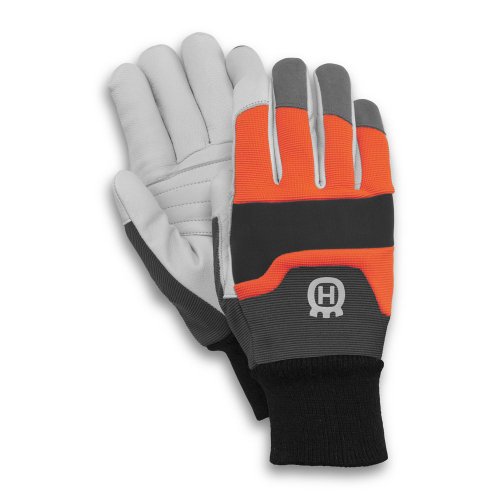My beloved white birch is on its last root and I'm looking for a replacement (or series of) tree. Having a shape similar to the birch would be nice but not critical. My main concern is having the absolute fastest growing tree there is.
I'm in southern Idaho along the Snake River. Any suggestions?
Thanks.
I'm in southern Idaho along the Snake River. Any suggestions?
Thanks.























































